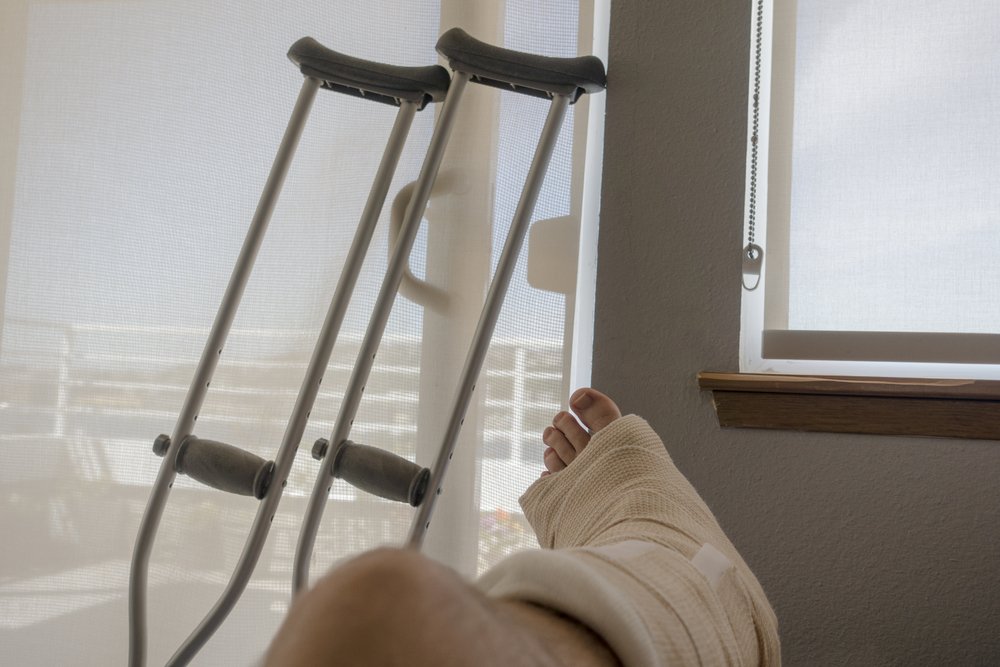
What Is Assumption of Risk in a Personal Injury Case?
Assumption of risk refers to an individual knowingly exposing themselves to a risky activity or situation. If you bring a personal injury case against a negligent party, that party may attempt to avoid liability by claiming that you knew the activity was risky and could result in harm.
Defendants in a personal injury case may use an assumption of risk defense to try to avoid paying the plaintiff compensation for his or her damages. If you or a loved one was hurt in an incident caused by another party, it is important to know how the legal doctrine of assumption of risk could affect your case.
Understanding When a Defendant May Argue There Was an Assumption of Risk
Personal injury claims can recover financial compensation for medical expenses and other damages caused by an injury. However, successfully recovering compensation is not always easy. The liable party may argue that they are not legally responsible for the injuries and damages.
One legal defense against an injury claim is an assumption of risk. A defendant in an injury case may attempt to use this defense to reduce the amount of monetary damages they have to pay or avoid paying damages entirely.
Elements of a Personal Injury Claim You Must Demonstrate to Get Compensation
In any personal injury case, there are four main elements that an injured party must demonstrate to qualify for financial compensation. A personal injury attorney’s job is to gather evidence to demonstrate each of these elements.
The four elements of a successful personal injury case include:
- Duty: The defendant owed the plaintiff a “duty of care.” This means that the defendant had a legal obligation to act with a certain level of responsibility or prudence.
- Breach of duty of care: The defendant breached their duty of care. In other words, the defendant failed to act responsibly.
- Causation: plaintiff suffered an injury because of the defendant’s breach of duty.
- Damages: The plaintiff incurred financial losses because of his or her injuries.
Each of these elements must be present for an injured party to get a favorable verdict or settlement. If any of these elements can be disproven, the injured party may not be able to recover damages.
An assumption of risk defense in a personal injury case asserts that the defendant did not owe a duty of care to the plaintiff because the activity was inherently dangerous. Without this element, the plaintiff cannot recover damages.
What the Other Party Must Prove to Prevent You from Getting Compensation
If the liable party in a personal injury case wishes to use an assumption of risk defense, the burden of proof is on them to demonstrate it. The defendant must show why they are not liable for the plaintiff’s injuries.
To avoid paying you damages using the assumption of risk defense, the defendant must prove each of the following things:
- You had genuine awareness and understanding of the risks involved in the activity that led to your injury.
- You voluntarily assumed or took on these risks.
- Your injuries were a result of this risk.
In other words, the defendant must prove that they are not responsible for your injuries because you knew that there was a risk of being injured.
Say you are injured because a dog attacks you. The dog owner may attempt to use an assumption of risk defense by saying that he warned you that the dog was dangerous, and you interacted with it anyway. Of course, some defendants in personal injury cases allege that these types of conversations took place even if they didn’t. If you find yourself in a similar predicament, you may consider partnering with an attorney.
Types of Assumption of Risk
Implied assumption of risk refers to a situation where an individual voluntarily assumes a risk but does not explicitly state that they assume the risk.
Express assumption of risk occurs when an individual explicitly acknowledges the risk, often through a liability waiver.
For example, if you rent a moped, you may be asked to sign a document stating that you will not sue if you are injured on the vehicle. Liabilities waivers like these can sometimes make it difficult to pursue compensation through a personal injury claim, but not impossible. An experienced lawyer can review the waiver and determine whether it is valid.
Our Personal Injury Lawyers Can Advocate for You
If you or a loved one was hurt by another party’s carelessness or negligence, contact Laborde Earles Injury Lawyers. We can determine how the assumption of risk may play a role in your case and fight to get you the compensation you need and deserve. Remember, per CC Art. 3492, there is a two-year statute of limitations for personal injury cases, so it is important to act quickly.
Call our office today for a free consultation.